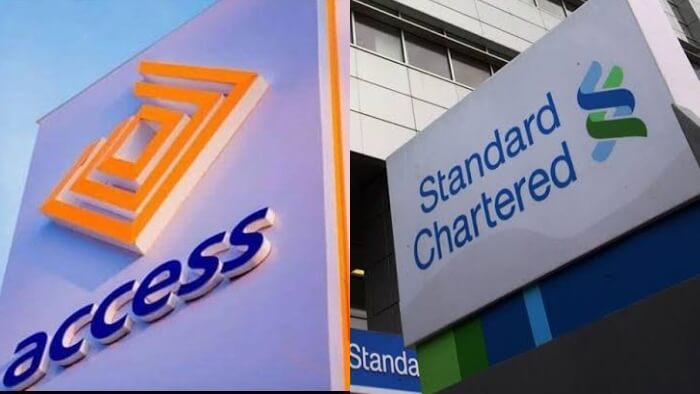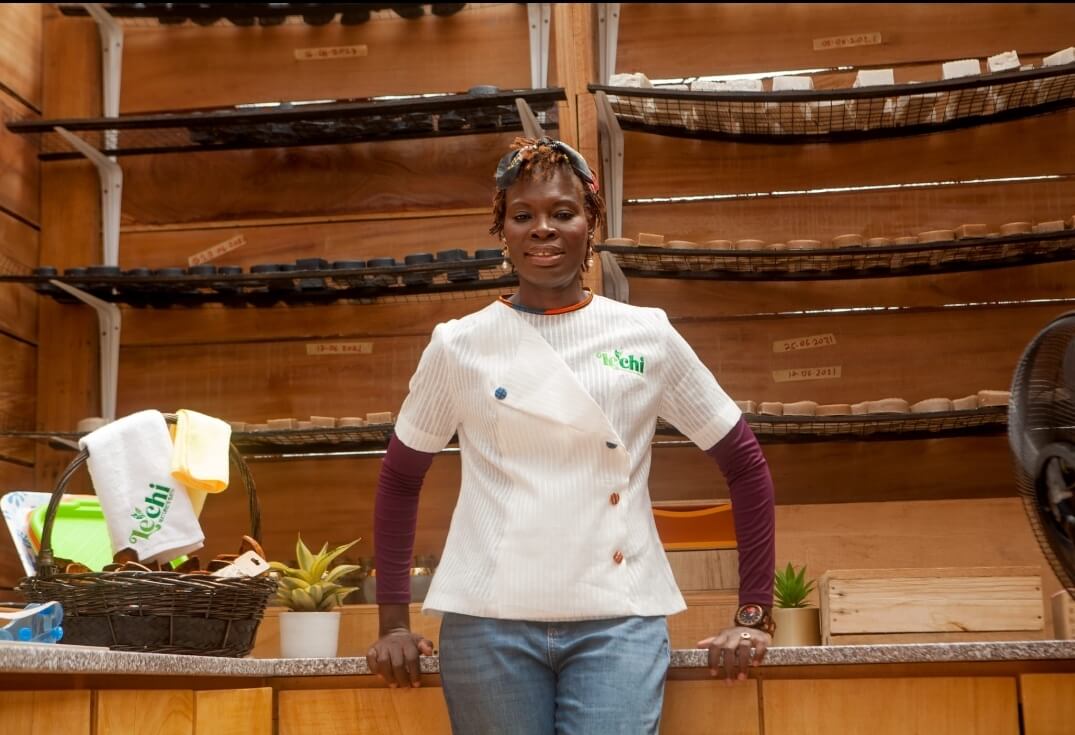Access Bank to buy StanChart’s businesses in 5 African countries

Standard Chartered has reached an agreement to sell its subsidiaries in five sub-Saharan African countries to Nigeria’s Access Bank, putting into motion a plan announced last year to divest those businesses.
Standard Chartered will sell its shareholding in its subsidiaries in Angola, Cameroon, Gambia and Sierra Leone to Access. It will also sell its consumer, private & business banking business in Tanzania to Access Bank, a subsidiary of Access Holdings.
Standard Chartered said in April last year that it would exit seven countries in Africa and the Middle East (AME) as it seeks to improve profits by focusing on faster-growing markets in the region.
“Access Bank will provide a full range of banking services and continuity for key stakeholders including employees and clients of Standard Chartered’s businesses across the five aforementioned countries,” Standard Chartered said in a statement.
The agreement is in line with Standard Chartered’s global strategy “aimed at achieving operational efficiencies, reducing complexity, and driving scale,” it said.
A value for the deal, which is expected to be completed in the next year, was not disclosed. The deals are subject to regulatory approvals in each of the countries as well as in Nigeria.
“This strategic decision allows us to redirect resources within the AME region to other areas with significant growth potential,” Sunil Kaushal, Standard Chartered’s regional CEO for AME, said in the statement.
The statement said the deal would help Access “build a strong global franchise focused on serving as a gateway for payments, investment, and trade within Africa and between Africa and the rest of the world”.
“With our recent European expansion and our deepened presence in key trading corridors across Africa, we will bridge the gap between cross-border and domestic transfers across all business segments,” Access Group Managing Director Roosevelt Ogbonna said in the statement.
Source: Reuters

This article is published by either a staff writer, an intern, or an editor of TheAfricanDream.net, based on editorial discretion.




